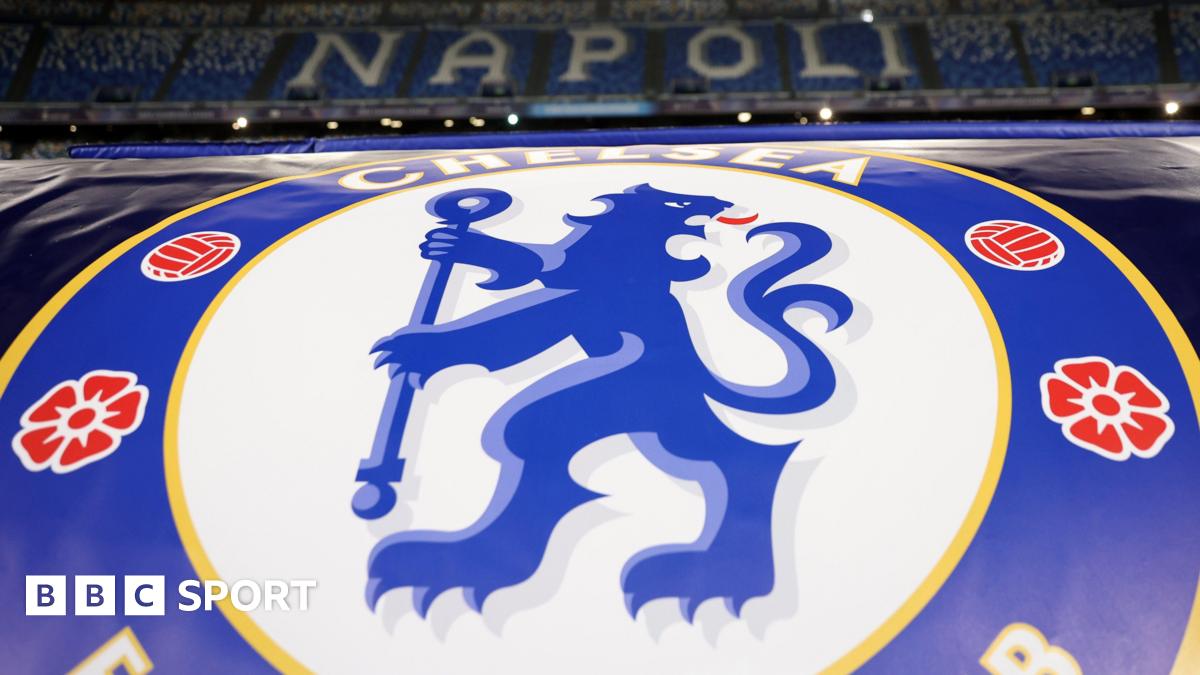Chelsea: Hospitalised fan on ‘shock’ at Naples stabbing as Napoli ultras blamed
A Chelsea supporter has described his “shock” after being stabbed and taken to hospital before Wednesday’s Champions League match against Napoli in Italy.
Marcus, 22, who did not want to give his surname, said he and a group of Chelsea fans were targeted in the centre of Naples by a group of Napoli ‘ultras’ – a term used for hardcore supporter groups in European football.
“We turned a corner – it wasn’t technically an alleyway, but it felt like one because there were no lights,” he said.
“There were about 20 or 30 people, all in black, walking towards us as soon as we made eye contact. Some people knew what was happening and ran straight away.”
Marcus, who was with “seven or eight” friends, added: “It was definitely a shock. Everyone was shaken up when we eventually found the police.
“I was in shorts and they were covered in blood, with blood going all down my leg. We think it was a screwdriver – it could’ve been a Stanley blade. It was either that or a screwdriver.
“I didn’t really feel it until I started running away. My left cheek felt heavy, almost, and as soon as I touched it my hand was covered in blood.”
